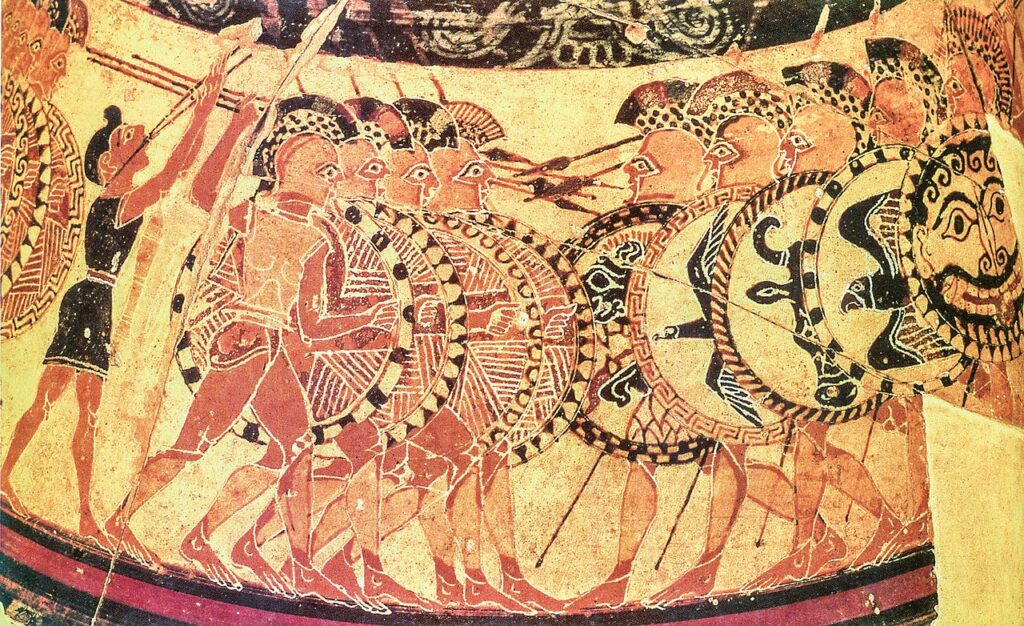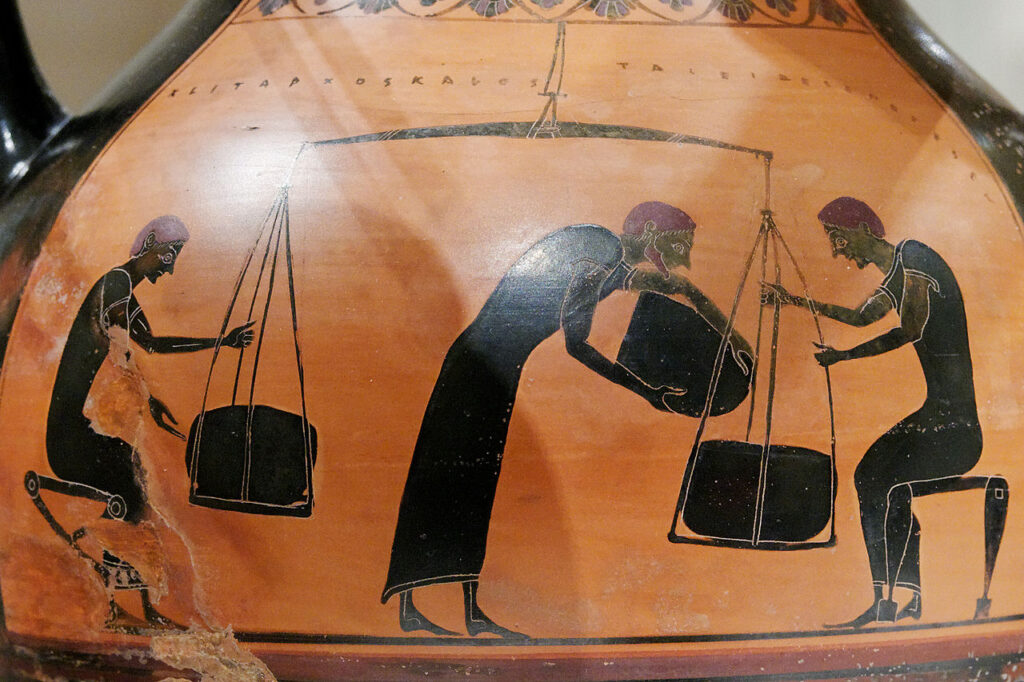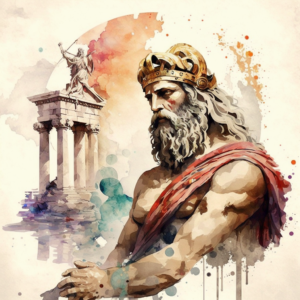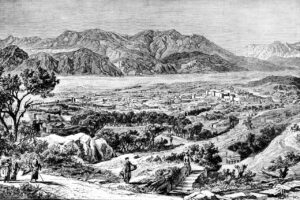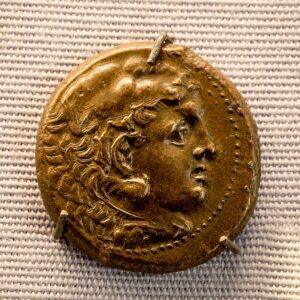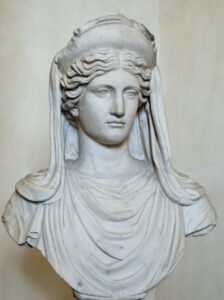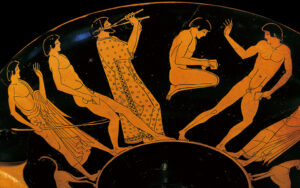Ancient Greece was a civilization that existed from around the 8th century BCE to the 6th century CE. The economy of ancient Greece was based primarily on agriculture and trade. As such, these were the most common fields of work in ancient Greece. For instance, most people were farmers, and farming was the main source of livelihood for the majority of the population. However, there were also other forms of work and jobs in ancient Greece, such as artisans, merchants, and traders.
Farming in Ancient Greece
Farming was a key part of work in ancient Greece and an important aspect of daily life for the Greek people. In fact, agriculture was the main source of income for the ancient Greeks. The majority of the population lived in the countryside and were farmers. They would work in the fields and tend to their crops and livestock. They would also take care of their home and families and would participate in religious festivals and ceremonies. Agriculture was the main occupation in ancient Greece, with citizens owning small plots of land and working to grow crops such as olives, grapes, and grains. They also raised animals such as sheep, goats, and pigs.
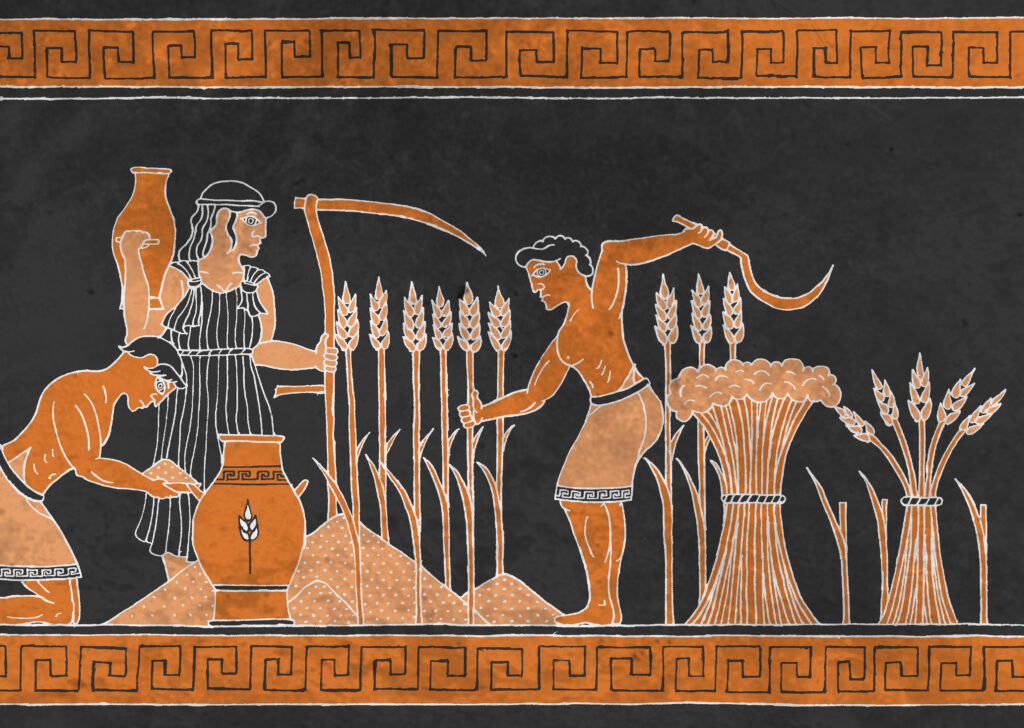
Artisans in Ancient Greece
Artisans were skilled craftspeople who produced goods such as pottery, metalwork, and textiles in ancient Greece. They were an important part of the ancient Greek economy, as their goods were traded both within Greece and with other civilizations. As such, artisans were one of the most important jobs in all of ancient Greece.
Pottery was one of the most significant art forms in ancient Greece. Greek pottery was known for its high quality and was exported throughout the Mediterranean. Potters were skilled craftspeople who produced a wide range of vessels, such as vases, jars, and plates, using a variety of techniques.
Metalworking was another important craft in ancient Greece. Metalworkers produced a wide range of goods, including weapons, tools, and jewelry. They used techniques such as casting, forging, and engraving to create intricate and beautiful objects.
Textile production was also an important craft in ancient Greece. Women were particularly associated with this craft, and they would spin and weave wool and linen to make clothes, blankets, and other textiles.
Artisans in ancient Greece were usually trained by a master craftsman, and they would work in workshops or in their own homes. They were respected members of society and often achieved a certain level of wealth and social status.
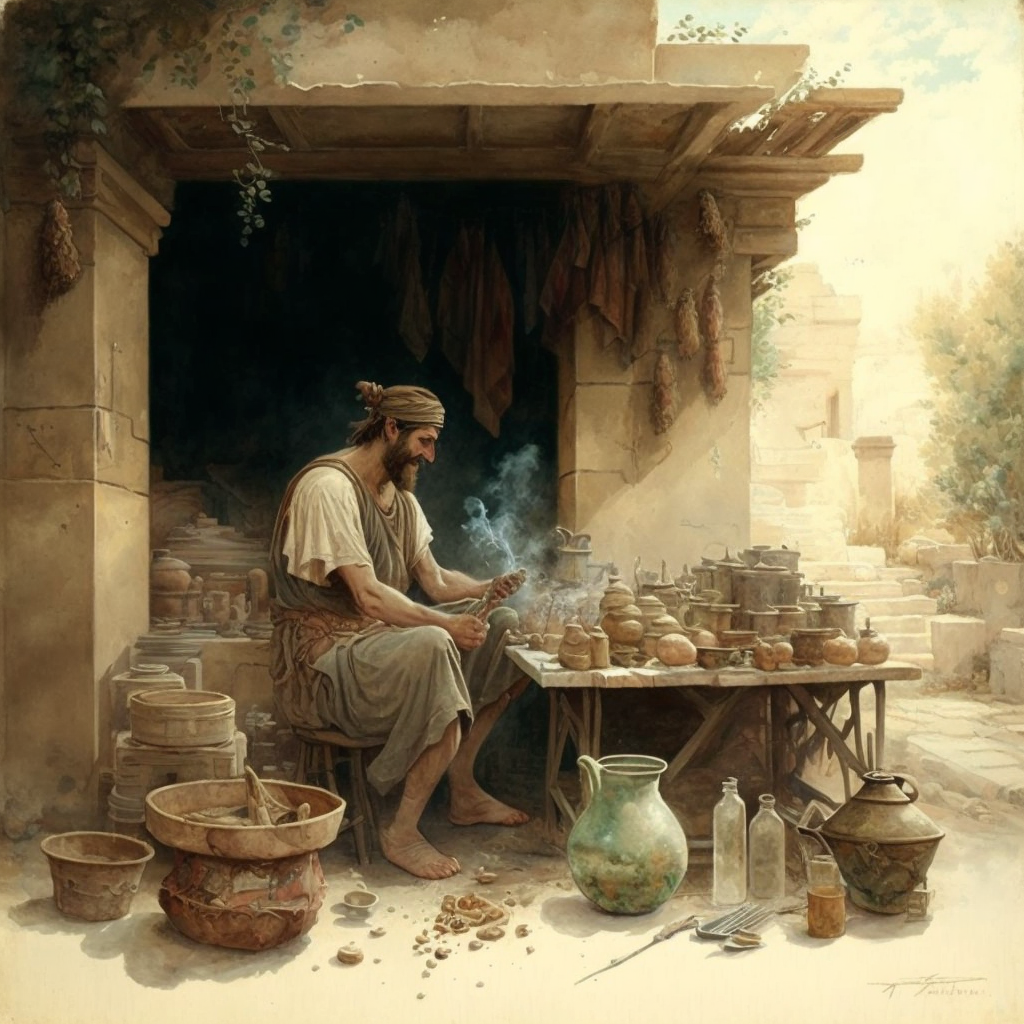
Merchants and Traders in Ancient Greece
Merchants and traders were an important part of the ancient Greek economy, as they carried out the exchange of goods and helped to make trade more efficient.
Ancient Greek merchants traded a wide range of goods, including agricultural products, manufactured goods, and luxury items. They traded with other civilizations throughout the Mediterranean and the Black Sea regions. Greek merchants also played a key role in the development of the famous ancient trade routes such as the Silk Road.
Merchants in ancient Greece were often organized into trade guilds, which provided them with a sense of community and support. They also had the advantage of travelling around the Mediterranean and the Black Sea regions which gave them the opportunity to establish contacts and networks.
Many ancient Greek cities had their own ports and harbors, which were important centers of trade and commerce. The merchants would use ships to transport goods, and the ports were also used as a hub for the exchange of goods and ideas.
The ancient Greek merchants were not just traders but also entrepreneurs, since they were responsible for operating their own businesses. As such, they were known for their ability to adapt to changing market conditions and to find new markets for their goods, which are key skills necessary as a business owner.
Other Types of Work in Ancient Greece
In addition to farmers, merchants and traders, there were also a variety of other jobs in ancient Greece. These included soldiers, who were necessary for defense, and politicians and bureaucrats, who helped to govern the city-states of ancient Greece. Ancient Greek soldiers were known as hoplites and were famous for their strategies and tactics, including the phalanx formation. This was a formation in which they stood in rows with their shields overlapping and their spears pointed forward. This formation was designed to protect them and make it difficult for the enemy to break through.
Slavery was also a significant aspect of the ancient Greek economy. Many of the people who performed manual labor, such as farming and domestic work, were slaves. They were owned by wealthy individuals and were not considered to be citizens with rights.
